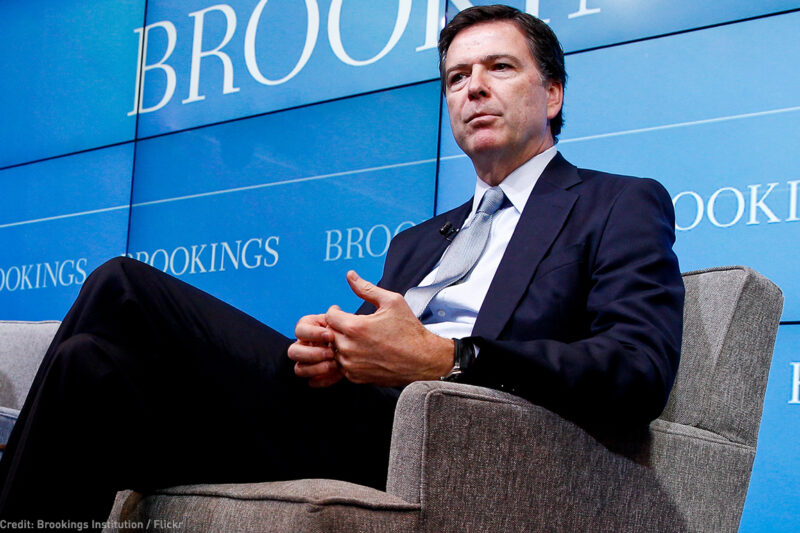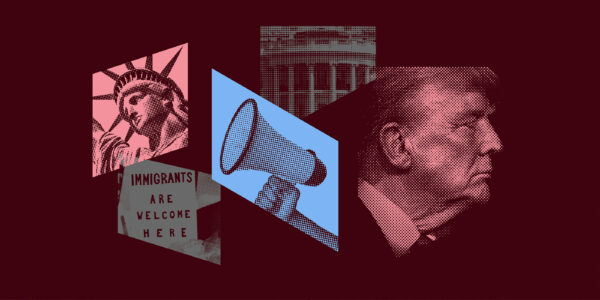After James Comey’s Testimony, Here’s Where We Are, and Here’s Where We’re Going


Not since the Watergate hearings more than 40 years ago has the entire country tuned into a Senate hearing to hear firsthand about wrongdoing by the president of the United States. Testifying before the Senate Intelligence Committee, former FBI Director James Comey led the American people through a play-by-play account of a president pressuring the FBI director on a matter that former Director of National Intelligence James Clapper has called “bigger than Watergate.”
Comey gave us all a lot to think about, but he also gave senators a lot to investigate. Here are a few highlights:
- For starters, the Senate Intelligence Committee did a real service to our country by having a public hearing and doing it soon after Comey’s firing. Traditionally, the Intelligence Committee has a penchant for secrecy and closed door hearings. But good oversight is public oversight, and having Comey testify with cameras turned on is a good step towards accountability.
- There is no reason why we shouldn’t all be able to read the memos that Comey prepared following his meetings and phone calls with President Trump. Comey said that at least one of the memos is unclassified and that there is no reason why senators shouldn’t be able to read all of them. There is also zero reason why all Americans shouldn’t be able to read them as well. Every American should be able to know what exactly the president did or didn’t do to influence this investigation.
- Comey said that it was a “big deal” that the Russian government tried to interfere in our presidential election through cyberattacks. He then said it would be a “very big deal” if any American helped the Russians in this interference.
- And at the very end of the hearing, Comey explained his understanding of Trump’s reminder that he had treated Comey well and that Trump expected the same in return. Trying to set up a quid pro quo arrangement with the FBI director would certainly establish an intent to obstruct justice.
By the end of the testimony, one thing was clear: Comey’s testimony isn’t the end of the story. Rather it’s the beginning of a long road toward transparency and accountability. Comey and the Senate Intelligence Committee deserve the gratitude of all Americans for taking seriously our Constitution’s system of checks and balances. Now the Senate Intelligence Committee should start scheduling the next witnesses.
As we’ve said before, our longstanding belief in due process, the rights of the accused, and innocence until proven guilty requires us to resist a rush to judgment. That’s why we’ve called for not just the appointment of a special counsel but also of a select congressional committee focused on these allegations. Any decision calling for impeachment — or an investigation toward impeachment — is the call of the ACLU National Board. To be clear, those decisions will be guided by a close reading of the facts and our commitment to the rule of law and due process.
Stay informed
Sign up to be the first to hear about how to take action.
By completing this form, I agree to receive occasional emails per the terms of the ACLU's privacy statement.
By completing this form, I agree to receive occasional emails per the terms of the ACLU's privacy statement.



